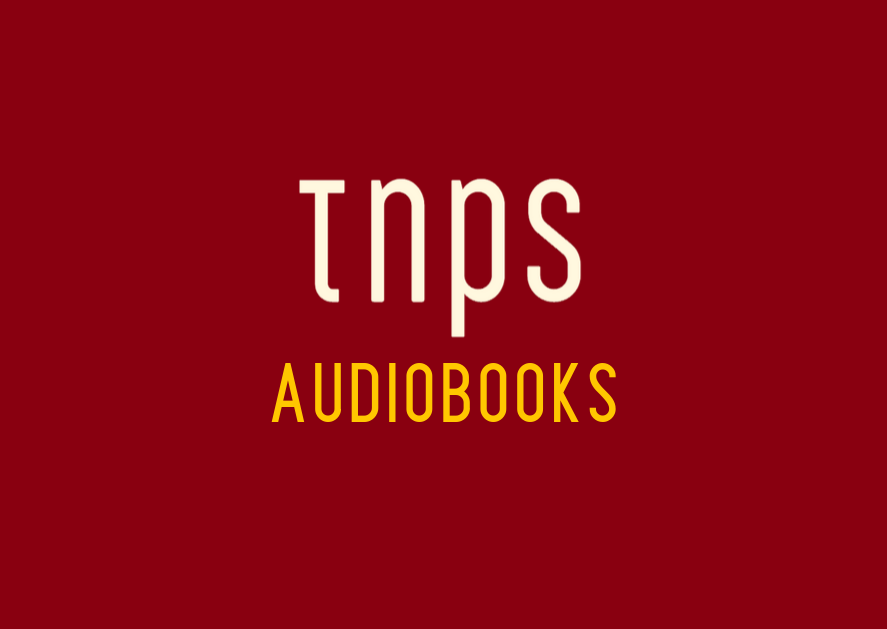It’s worth comparing the £164 million ($215 million) Nielsen forecast for 2020 UK audiobook revenue with the pre-lockdown Statista forecast for UK ebook sales of £846 million ($1.09 billion).
A survey of 2,000 people in a country of 67 million, 63 million of whom are online, doesn’t give us any concrete figures about sales and revenue for digital audio in the UK, but Nielsen’s figures can be considered indicative.
And the indications are that the UK audiobook market will be worth £164 million (USD $215 million) this year. That’s up 12.3% on 2019 and marks the seventh year of consecutive growth.
The surprise here being that it’s “only” a 12.3% boost given the Covid-19 lockdown earlier this year that sharply accelerated digital engagement.
48% of audiobook consumers bought into the format for the first time in the past twelve months, and 26% during the UK’s first lockdown (the country is currently in the midst of a second-wave lockdown).
But in fact that 26% is down on expectations. Per The Bookseller’s summary of the Nielsen survey,
The high number of new audio consumers has been a recurring theme in every one of Nielsen’s surveys since they began 2016, with the number of new converts ranging each year from 36% to 42%.
The survey suggests that audiobooks now make up a 34% share of weekly reading, up from 33% in 2019 and 25% in 2017. Ebooks, the report says, have a 27% share of reading, slipping 1% on the previous year, with print at 39%—level with its 2019 figure, but down 8% on 2017 total. The results seem to suggest audio’s increasing reach into reading has come at the expense of print books.
However The Bookseller curiously goes on to contradict itself in the same post with a quote from Nielsen saying:
We continue to see the audiobook market grow in 2020, in part thanks to increased listenership in the lockdown period. Happily, we also see uplifts in e-book sales year on year and, since June, a strong print book market performance through the TCM.
So to be clear, audiobooks are advancing at the expense of print books says The Bookseller, when in fact it was because print books were less readily available, with bookstores across the country closed or restricted to click and collect or online sale. And The Bookseller is telling us that ebook reading is on the slide while in the next breath quoting the Nielsen survey as saying it has seen “uplifts in ebook sales year on year.”
That’s quite aside from The Bookseller just a few days ago reporting on Hachette UK’s,
record download revenue for e-books and audio.
Or today’s report from The Bookseller alongside the Nielsen report noting that at Harper Collins,
digital sales increased 20% compared to the year before, driven by growth in both e-book and downloadable audiobook sales.
And let’s not forget The Bookseller at the end of October reporting that Bloomsbury had,
delivered its highest first half earnings since 2008, as “significantly higher” online book sales and e-book revenues led to year-on-year profit growth of 60% to £4m in the six months ended 31st August 2020.
All these lockdown boosts of course came after the Statista forecast for ebook spending in 2020. It’s worth comparing the £164 million ($215 million) Nielsen forecast for 2020 UK audiobook revenue with the pre-lockdown Statista forecast for UK ebook sales of £846 million ($1.09 billion).
The real value? Who knows? But we can safely set aside the wishful thinking of The Bookseller suggesting ebook reading is on the slide.




